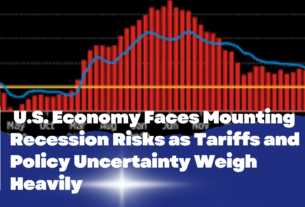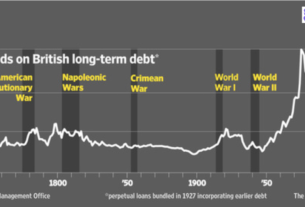A dramatic shift is affecting London’s most exclusive property market. Ministers recently tightened non-dom tax rules, eliminating inheritance tax benefits for wealthy international residents, which has triggered a wave of departures and sent shockwaves through prime real estate. In May, sales of high-end homes dropped by nearly 36% compared with last year and remained roughly 33% below the average seen before the pandemic. Iconic areas such as Kensington, Knightsbridge, and Belgravia saw fewer properties under offer and a growing number of listings, clear signs that buyer appetite has faded.
For decades, London’s luxury market has thrived on non-dom buyers who enjoyed generous tax privileges. These perks were suddenly removed in April, exposing these individuals to a 40% inheritance tax on their global estates. As a result, many have chosen to relocate to more tax-friendly jurisdictions like the UAE, Italy, and Switzerland. A surge in departures, around 4,400 company directors left the UK in the past year, has pushed Chancellor Rachel Reeves to consider tweaking the policy to stem the exodus, aiming to maintain international appeal without rolling back the reforms entirely.
The rental market is also feeling the ripple effect. Lettings in prime London dropped over 21% year-on-year, though average rents still rose 3.3%, reflecting limited supply despite reduced demand. Across the wider UK, rents have climbed by 7% to an average of £1,339 per month, while house prices broadly increased by 3.5%.
Domestic buyers are now cashing in on the cool-off. With international competition easing, and prices softening by around 5%, UK families and wealthier domestic buyers are finally gaining access to properties that were once financially out of reach. Some are purchasing in prime neighbourhoods at what estate agents call “bargain prices,” sometimes under £2,000 per square foot.
The policy shake-up has sparked deep debate. Supporters argue it promotes fairness and a more progressive tax system. But critics warn that pushing too many high-net-worth individuals away could damage London’s reputation as a global financial hub and hit sectors like luxury retail, schools, and hospitality. With Chancellor Reeves reportedly exploring a middle ground, tweaks to inheritance tax, rather than reversing the entire policy, Ministers are trying to balance tax reform with economic competitiveness.
Ultimately, the non-dom crackdown is catalysing a recalibration: prime real estate is cooling, domestic buyers are moving in, and the government is urgently considering adjustments to keep London financially and internationally relevant.




